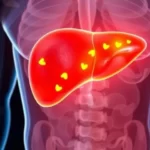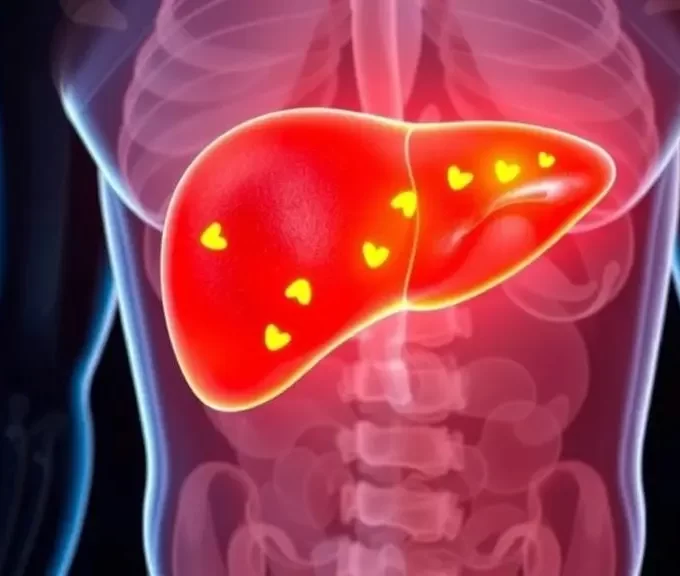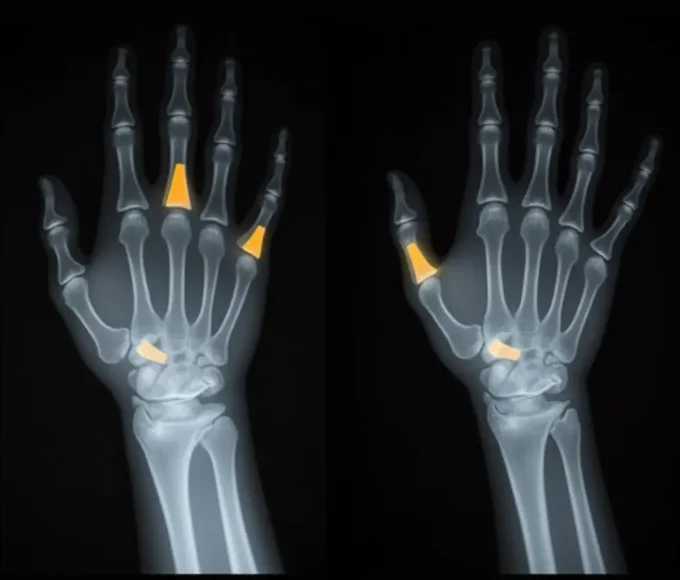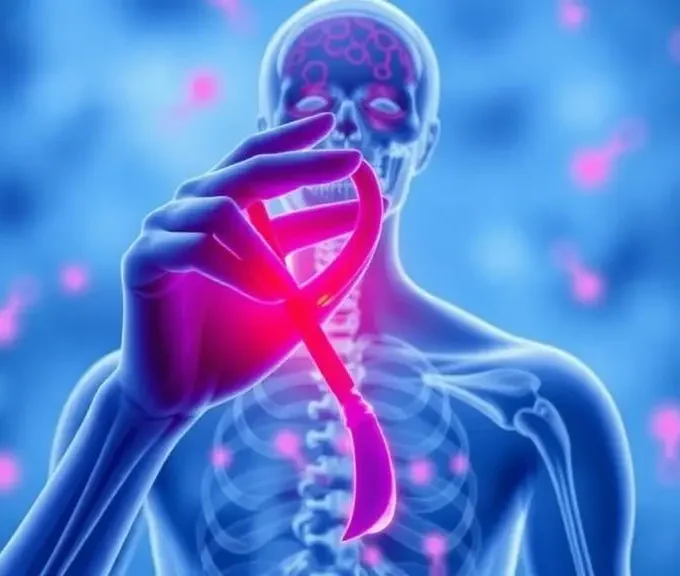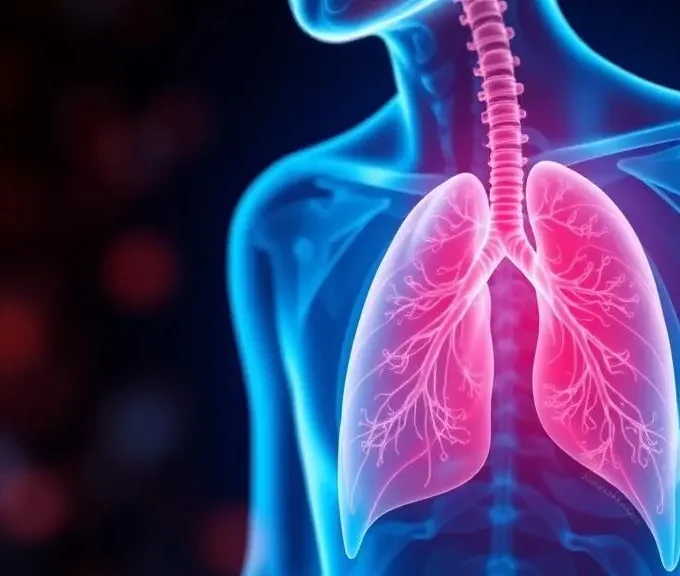When you live with a health condition, oftentimes there are some unwanted — or “embarrassing” — symptoms you have to learn to live with. This can be especially true when you are struggling with depression.
Maybe you can’t remember the last time you showered, and dry shampoo just isn’t covering it up anymore. Maybe your once-satisfying sex life has taken a hit, and you can’t enjoy physical intimacy. Or maybe your emotions feel out of your control, and you can’t stop them from coming out in the “wrong” way at the “wrong” time.
No matter what your experience of “embarrassing” depression symptomslooks like, we want you to know you aren’t alone. The only way we can break the shame and stigma surrounding symptoms of depression is to talk about them, so to open up this discussion, we asked our mental health communityto share with us depression symptoms they were most embarrassed of.
Before we begin, we want to preface by saying that feelings of embarrassment are very real, and like all feelings, are completely valid. But even though it’s natural to feel embarrassed sometimes, we want you to know it’s more than OK not to be OK and there is no shame in struggling with depression.
Without further ado, here’s what our community shared with us:
1. Not Showering
“The most embarrassing symptom l live with is not having the motivation to get up and shower. My favorite thing in life is showers and baths. My depression is so bad that l can’t even do that anymore. I’m being called lazy now, talked down [to] because l let myself go. l wish they could live in my head and body for a couple hours to see that it’s so much more than me being lazy.” — Kandis G.
“When I wake up, I just can’t find the energy to force myself and into the shower. I know it makes me look like a lazy bum, but it’s a real struggle every day.” — Billy P.
2. Low Sex Drive
“Sexual dysfunction/lack of desire. Also being overweight.” — Jerry F.
“When I was depressed, it was not being able to have sex… It ruined my life.” — Jazzae C.
RESOURCES FROM PSYCH CENTRAL
- Depression guide
- Find help
- Support groups
3. Not Cleaning
“I never have the motivation to clean my apartment, so then it’s super embarrassing when friends or family want to come over.” — Julie S.
“Hoarding tendencies. I didn’t clean my house and it was pretty gross. I’ve recovered from that issue, but it’s a difficult thing to live down. I had to move to another state due my reputation with landlords in my hometown.” — Elizabeth B.
4. Lack of Dental Hygiene
“My gums are the most humiliating sign of my depression. When I’m well, I try and look after my hygiene, but my depressive episodes can go on for weeks meaning I can go for embarrassingly long times without brushing. My gum line has paid the price and I smile even less than before. It’s just another horrible physical reminder of how bad things are for so long and I cringe every time I go to brush.” — Emily M.
“My teeth. After my dad passed away, my depression got so bad that I all but gave up on self-care, and with already grinding them when I sleep, my teeth suffered tremendously for it. I have to have them taken out, and I’m not only scared of having it done — I’m terrified of dentists — but I can’t even afford to do it.” — Veronica S.
5. Oversleeping
“I’m late for work almost every day. And I’ve already gotten a warning about it. But I just find it so difficult to get out of bed every morning. I want to do better and be responsible, but I just can’t get myself to get out of bed when I need to and it’s humiliating.” — Leanne D.
“Waking up late. It’s a work in progress with my therapist. People say it’s because I’m lazy or tired, but sometimes I can’t find the meaning of living.” — Sara L.
6. “Flaking” on Plans
“Being flaky with plans. I am incredibly unreliable. I will make plans and will cancel last minute — a lot. There are different reasons — exhaustion, low confidence, fear, feeling overwhelmed — all from depression (or anxiety – so awful having both).” — Angela H.
“Having to cancel my plans simply because I don’t have the energy to go. Over and over and over again. Also, not answering the phone. My friends and family have a hard time getting that I’m not doing it because I’m lazy, selfish or to hurt them. It’s literally because I am emotionally exhausted.” — Alea D.
7. Not Knowing When You’ll Cry Next
“I get made fun of for being a ‘cry baby.’ Everything makes me cry… [When watching] commercials — even if I’ve see it a million times — I cry. I’m very emotional, and people tend to poke fun at me about it. I hate it. I wish I could stop crying at every. Single. Thing.” — Rochelle W.
“Sometimes I just cry. For no reason at all. I’ll be out in public and something will set me off and I’ll just cry, it makes other people uncomfortable and I get embarrassed.” — Kaitlyn C.
“When I go through an episode, I’m always so overemotional. Apparently it shows all over my face, so when I get asked if I’m OK, I almost always burst into tears.” — Victoria M.
8. Brain Fog
“Brain fog. I mix up where I have to be and what’s going on next even if I have the same schedule regularly and keep my planner updated. It’s frustrating, embarrassing and even people who know about my depression don’t understand that my “forgetfulness” isn’t just me blowing them off or failing to prioritize. No matter [what] I do, when the fog is thick, there will be brain glitches especially in focus and memory.” — Lydia H.
9. Weight Gain
“Being overweight. The more depressed I am, the bigger I get. Which has created a vicious circle. I don’t intend to be mean to anyone else, I just know that for me, this is an embarrassing and physically difficult thing.” — Amanda E.
“I turn to easy meals, which unfortunately consist of fast food and TV dinners, because I’m too depressed to take the time to make something else. Then come the pounds, and then more depression. I don’t go out much since I’m embarrassed about my weight, which keeps me indoors and isolated even more.” — Jennifer K.
10. Feeling Tired All the Time
“I’m tired all the time. I can get eight hours of sleep or 14 hours of sleep and I will still be tired. No matter what I do, I can’t stop yawning.” — Cora H.
“Anytime I mention that I was in bed till 2 p.m. or I’ve been sleeping all day, people look at me like I’m lazy or say, ‘Just wait till you have kids.’ I’m exhausted. I can’t help it. I’m not choosing to be this way.” — Katie B.
11. Not Being Able to Work Full-Time
“My inability to function when working a full-time job is my single most embarrassing symptom. I have a degree from an accredited four-year university that I never get to use, which cost me upwards of $30,000 in student loans. Once I graduated and got into the working world, I completely crashed. My depressive episodes increased dramatically and I would spiral until anxiety took over and left me completely empty and exhausted… I’m constantly embarrassed to share that I only work part-time, and often worry that people think I just married well and have a husband who ‘lets me be a housewife’ when I am so so so much more than what my mental illnesses limit me to be.” — Jessica G.
“Could never keep a job due to having no motivation to do anything, so now I’m on disability and constantly get hate for it.” — Trixi S.
12. Feeling Angry
“A lot of people don’t understand that depression isn’t just sadness, it’s anger, as well. I can get so worked up and angry that I will cry in front of everyone in any place. It’s as if I know what is frustrating me, but having no ability to change what’s frustrating me due to this anxiety that holds me in place. As if I’m reaching out but being pulled back, so my anger is always present.” — Destiny F.
“My extreme anger… I’ve lost many jobs because of this. A lot of people don’t believe or understand that my anger is a symptom of depression.” — Ellie S.
13. Compulsive Skin Picking
“One of the symptoms that brings me great shame is my skin picking. I pick at my scalp. It developed somewhere in high school, late sophomore year, I believe. It developed as a side-effect of my depression as far as I can tell. It’s incredibly embarrassing and due to past incidents, I will never ever touch another person’s scalp. I’ve seen how I react. I’m not ever going to suffer that kind of absolute humiliation again.” — Tristin G.
“I don’t have the motivation to keep up on a skin care routine and my anxiety has me picking at any blemish that shows up. I end up with these huge scars from picking at zits before they’ll pop.” — Amy R.
14. Feeling Emotional “Extremes”
“Being too emotional or not emotional at all. There’s never an in-between. I either feel everything hit me at once or feel nothing at all.” — Morgan M.
15. Avoiding Loved Ones
“I avoid people close to me. Sometimes I don’t respond to texts and calls… I kinda avoid seeing people, take unplanned leaves from office, try to use sleeping as my escape from reality… Because of my depression, I have lost important people in my life.” — Manju H.
16. Digestive Issues
“The worst part is probably the physical symptoms… such as digestive issues. Sometimes, you just have to run to the bathroom and explaining that is really frustrating and stressful.” — Marcella W.
17. Wasting Time
“I feel that everything I do except when I learn something new is a waste of time. Even so, I spend lot of time mindlessly scrolling through Facebook. I also set lots of goals, but I seldom achieve them.” — Dao H.
18. Taking Frequent Naps
“I nap when I get overwhelmed with any kind of emotion.. I’ve always been called lazy because of it, but it’s my way of coping.” — Sophie B.
“I nap during the day because I can’t function, but then have a terrible time sleeping at night. It’s a vicious cycle.” — Susan V.
19. Loneliness
“The worst part is having no friends or anyone who supports or validates what it is like to live like this. No one wants to feel any of these things, so it’s hard enough to battle our own minds let alone the loneliness.” — Ashley H.
20. Low Confidence
“I need reassurance all the time. My sense of self-worth is much better than it was, but I’ve always had a hard time feeling confident in my actions and like I was doing things ‘right.’ Seeking out reassurance from people so often begins to feel tiresome for everybody involved, and it often ends up lowering my confidence even further, because I feel I should be ‘better’ than that behavior by now.” — Ryan G.
21. Matted Hair and Bed Sores
“I shower so rarely [that] my hair mats and I get rashes and bed sores. I’m obese so it’s hard to treat the infected areas myself.” — Jenny B.
22. Poor Concentration
“Forgetting things and looking like I’m not paying attention — especially at work. I have a hard time concentrating.” — Nydia D.
23. Feeling Like a Bad Parent
“Not being able to be the mother I want to be for my son. I am a single mother. We live with my parents. He is well taken care of, but most days when I’m home, I want to hide out alone. I don’t want him to see me like this. Sometimes my relationship with him suffers. My best friend’s husband actually called me out on Facebook saying I wasn’t a good parent because we live with my parents. He doesn’t know what I’m going through. My best friend no longer speaks to me and has never bothered to find out the truth.” — Heather W.
24. Dissociation
“Dissociating in the middle of a conversation or presentation. I’ve stopped in the middle of speaking during a meeting because I could feel myself starting to slip out of my body. It’s mortifying.” — Sierra B.
25. Being Unable to Leave the House
“I have a hard time leaving my house. When I do, I keep contact with the ground and ignore everyone around me while sweating and panicking. It’s a terrible feeling.” — Shayla A.




